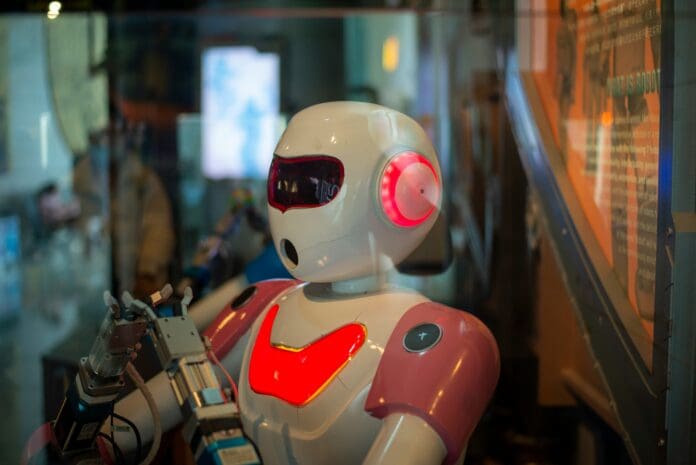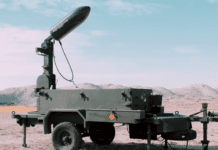This post is also available in:
 עברית (Hebrew)
עברית (Hebrew)
A groundbreaking study by an international team of scientists has unveiled the promising potential of quantum robotics, a revolutionary field at the intersection of quantum computing and artificial intelligence (AI). This combination could enable robots to match human-like intelligence and perform tasks beyond the capability of traditional machines.
Quantum robotics leverages quantum mechanics principles, such as superposition and entanglement, to enhance robotic systems. Unlike classical robots, which rely on binary computing using bits (0s and 1s), quantum robots use qubits, which can represent multiple states simultaneously. This allows them to process data far more efficiently, handle complex tasks in real-time, and potentially exhibit adaptive decision-making abilities similar to human intelligence.
According to Interesting Engineering, the study identifies two key research areas. The first focuses on enhancing current robotic tasks. Quantum algorithms are being developed to improve navigation, decision-making, and collaboration between robots, allowing them to adapt to unexpected changes and perform tasks more effectively. These advancements aim to improve how robots interact with their environments and other machines.
The second area of research explores how quantum mechanics can be integrated directly into the design of robotic systems. This includes the potential for robots to communicate through quantum entanglement, which allows for instantaneous information transfer between particles, regardless of distance. Such communication could lead to faster and more secure robot networks, enabling them to perform coordinated actions with exceptional precision.
However, significant challenges remain. Quantum computing hardware is still in its early stages, and environmental factors can interfere with quantum states. Despite these hurdles, researchers are optimistic that advancements in quantum computing and AI will soon make quantum robots, or “qubots,” a reality.
Quantum robotics could transform industries and national security, offering robots that are more adaptable, secure, and efficient than ever before. As quantum technologies mature, these robots could become crucial tools for tasks ranging from complex research to defense operations, marking the next step in the evolution of intelligent machines.

























